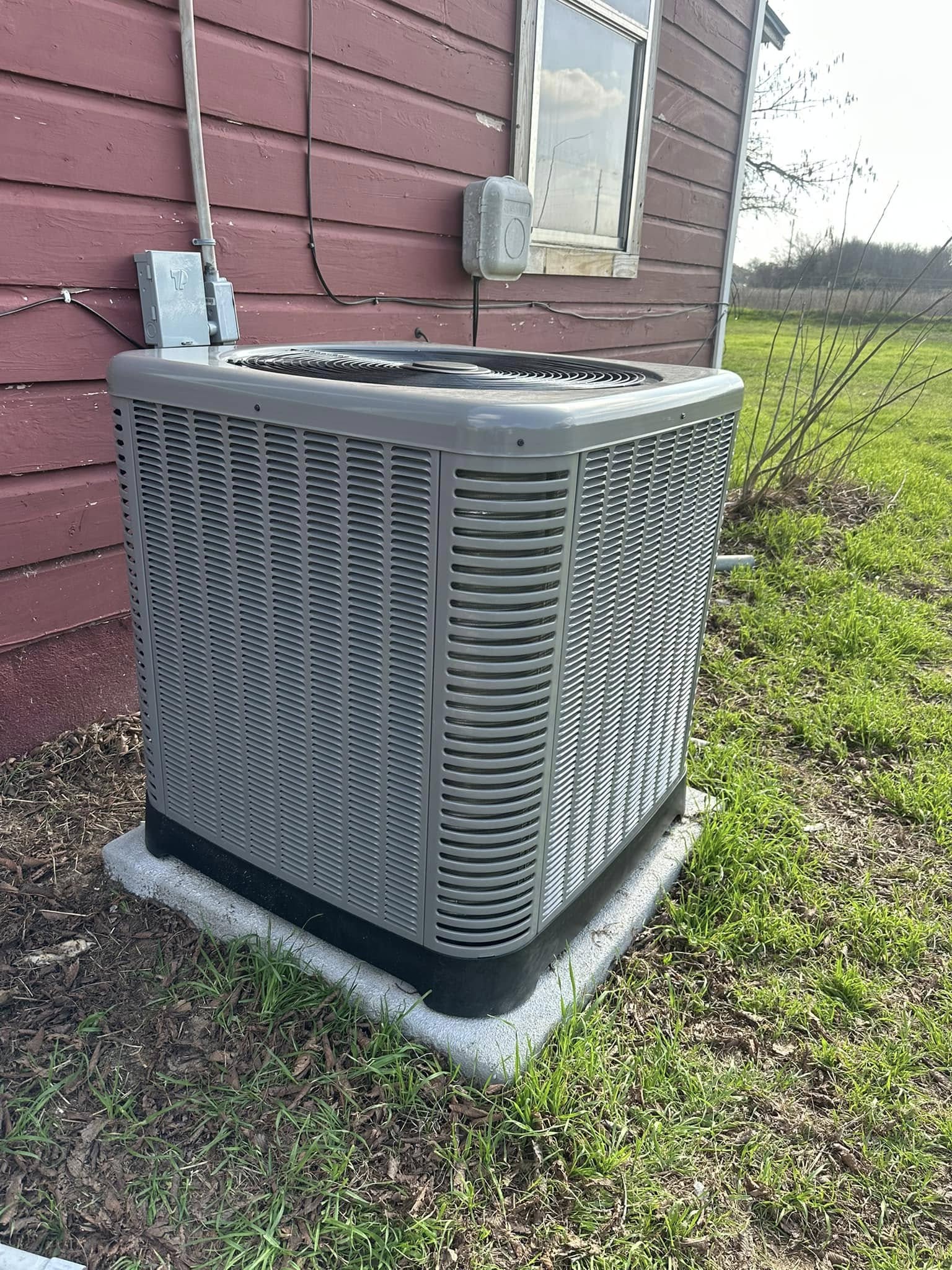
How to Improve Indoor Air Quality with the Right HVAC System Nov 17, 2025
To begin, it’s crucial to understand the components of air quality. Good indoor air quality means having clean, breathable air with minimal contaminants and allergens. Elements like dust, pollen, mold spores, and volatile organic compounds (VOCs) can significantly degrade air quality. An effective HVAC system can mitigate these issues through various integrated features.
Firstly, consider the role of proper ventilation. Ventilation is key in reducing indoor air pollution, as it ensures a continual exchange of stale indoor air with fresh outdoor air. A modern HVAC system should provide balanced ventilation to prevent the accumulation of contaminants. Ensure that your system includes energy recovery ventilators (ERVs) or heat recovery ventilators (HRVs). These components can maintain efficient airflow while minimizing energy loss, making them ideal for maintaining air quality without increasing utility bills.
The next crucial aspect is filtration. High-efficiency particulate air (HEPA) filters are synonymous with improving air quality. These filters capture up to 99.97% of particles larger than 0.3 microns, significantly reducing allergens and pollutants. When selecting an HVAC system, prioritize models that support HEPA filtration. Regular maintenance of these filters is also essential; changing them every three months ensures optimal performance.
Humidity control is another factor that directly impacts air quality. The right level of humidity can prevent the growth of mold and dust mites. Isaac’s Air recommends investing in an HVAC system that includes a built-in humidifier or dehumidifier. This feature will help you maintain a consistent indoor humidity level, typically between 30% and 50%, which is conducive to both comfort and health.
Furthermore, consider systems with air purification capabilities. Many modern HVAC systems incorporate ultraviolet (UV) light technology or electrostatic filters that neutralize bacteria, viruses, and other microorganisms. These systems complement traditional filtration methods by targeting microscopic pathogens that typical filters may miss.
For optimal air quality, ensure that your HVAC system is correctly sized for your home. An undersized system might struggle to regulate airflow and maintain consistent air quality, while an oversized system can waste energy and increase humidity levels. Consulting with professionals from Isaac’s Air can help you determine the appropriate system size based on your home's specific requirements.
In conclusion, improving your indoor air quality with the right HVAC system involves careful consideration of ventilation, filtration, humidity control, and purification features. By choosing a system that encompasses these elements, you can significantly enhance the quality of air in your home, making it safer and more comfortable. If you're unsure about the right system for your needs, reach out to Isaac's Air for personalized advice and professional installation. Our experts are dedicated to ensuring that you and your family enjoy the best air quality possible. Breathe easy, knowing that with the right HVAC solution, your indoor environment is in excellent hands.
/filters:no_upscale()/filters:format(webp)/media/c886a136-f909-4bf9-94a2-14b7cc3a9c47.jpeg)